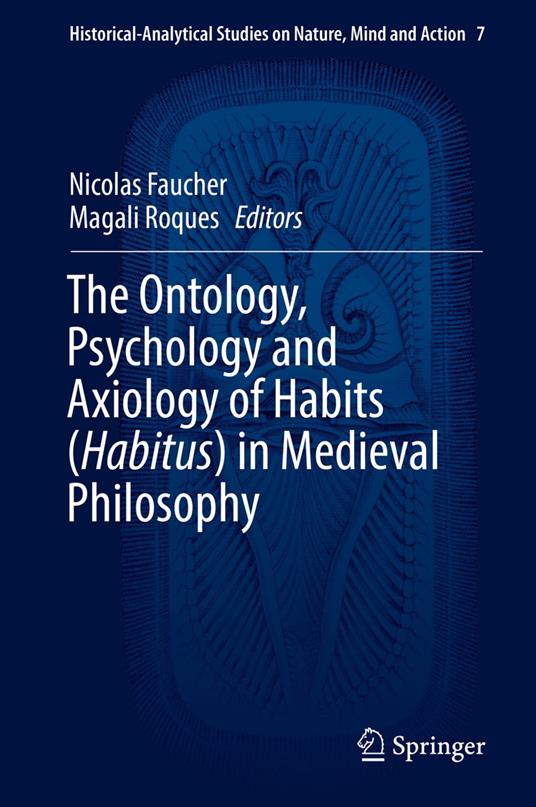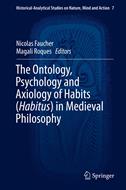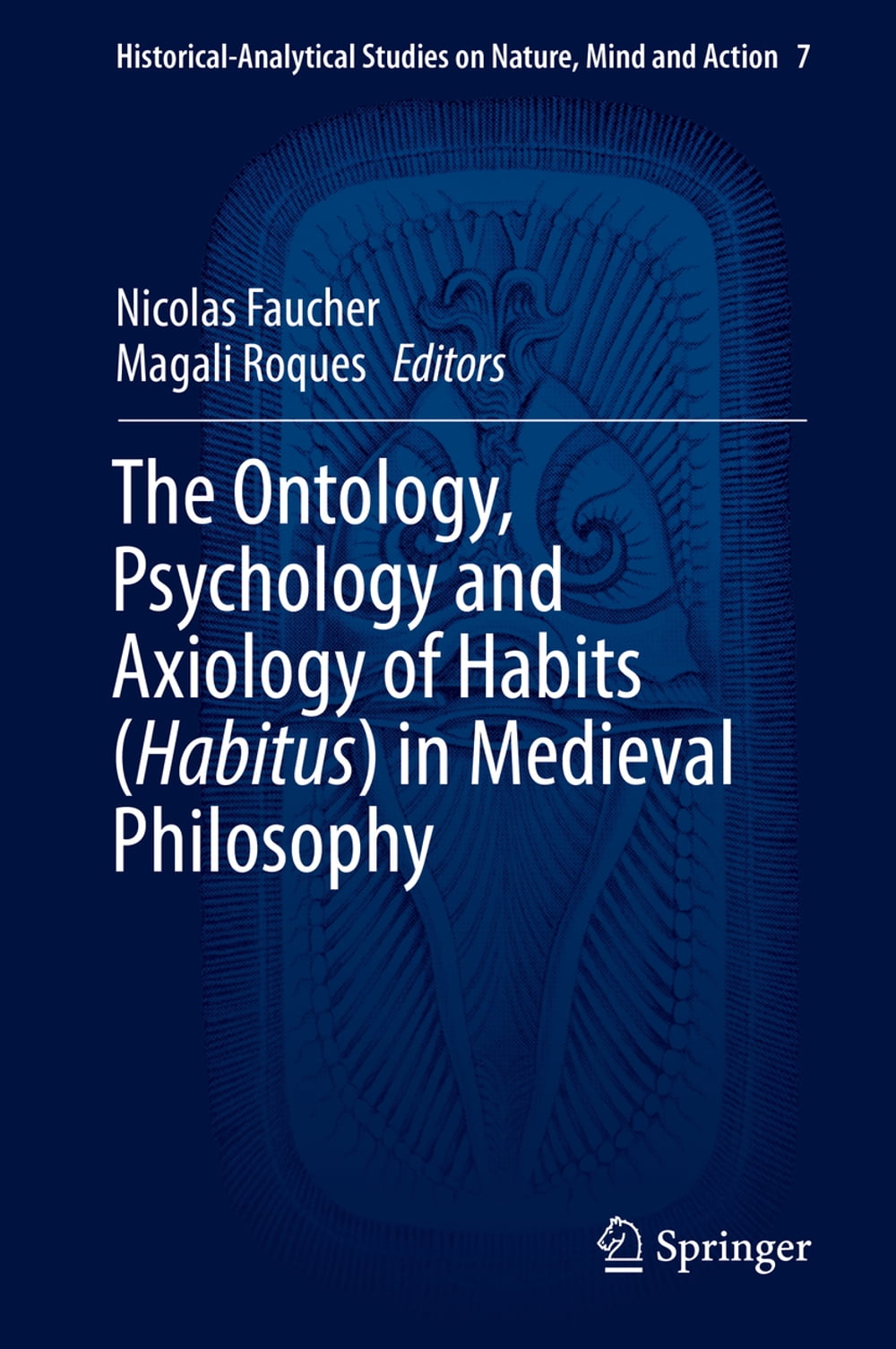The Ontology, Psychology and Axiology of Habits (Habitus) in Medieval Philosophy
This book features 20 essays that explore how Latin medieval philosophers and theologians from Anselm to Buridan conceived of habitus, as well as detailed studies of the use of the concept by Augustine and of the reception of the medieval doctrines of habitus in Suàrez and Descartes. Habitus are defined as stable dispositions to act or think in a certain way. This definition was passed down to the medieval thinkers from Aristotle and, to a lesser extent, Augustine, and played a key role in many of the philosophical and theological developments of the time. Written by leading experts in medieval and modern philosophy, the book offers a historical overview that examines the topic in light of recent advances in medieval cognitive psychology and medieval moral theory. Coverage includes such topics as the metaphysics of the soul, the definition of virtue and vice, and the epistemology of self-knowledge. The book also contains an introduction that is the first attempt at a comprehensive survey of the nature and function of habitus in medieval thought. The material will appeal to a wide audience of historians of philosophy and contemporary philosophers. It is relevant as much to the historian of ancient philosophy who wants to track the historical reception of Aristotelian ideas as it is to historians of modern philosophy who would like to study the progressive disappearance of the term “habitus” in the early modern period and the concepts that were substituted for it. In addition, the volume will also be of interest to contemporary philosophers open to historical perspectives in order to renew current trends in cognitive psychology, virtue epistemology, and virtue ethics.
-
Curatore:
-
Anno edizione:2019
-
Editore:
-
Formato:
Formato:
Gli eBook venduti da Feltrinelli.it sono in formato ePub e possono essere protetti da Adobe DRM. In caso di download di un file protetto da DRM si otterrà un file in formato .acs, (Adobe Content Server Message), che dovrà essere aperto tramite Adobe Digital Editions e autorizzato tramite un account Adobe, prima di poter essere letto su pc o trasferito su dispositivi compatibili.
Cloud:
Gli eBook venduti da Feltrinelli.it sono sincronizzati automaticamente su tutti i client di lettura Kobo successivamente all’acquisto. Grazie al Cloud Kobo i progressi di lettura, le note, le evidenziazioni vengono salvati e sincronizzati automaticamente su tutti i dispositivi e le APP di lettura Kobo utilizzati per la lettura.
Clicca qui per sapere come scaricare gli ebook utilizzando un pc con sistema operativo Windows



